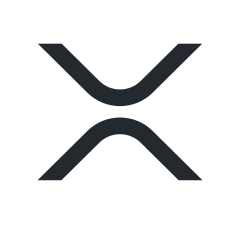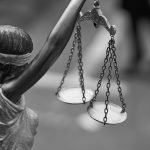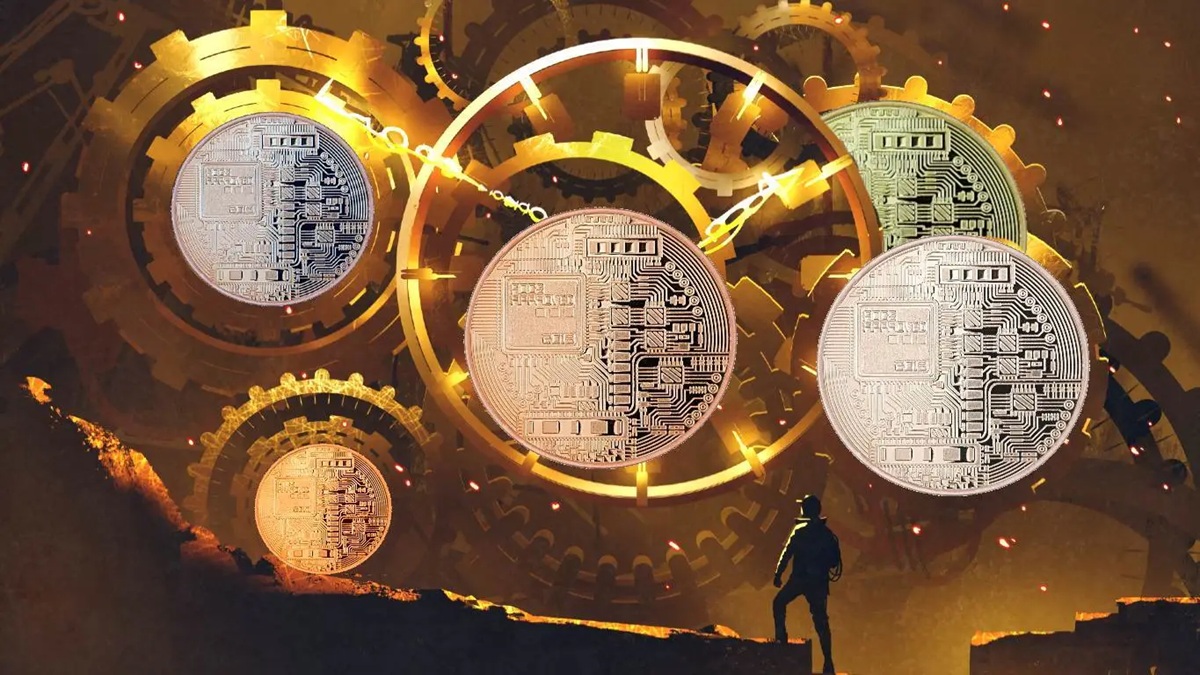The rise of decentralized autonomous organizations (DAOs) has corresponded with legal headaches over how to formally establish an entity that – by design – doesn’t really want to be an entity.
Now prodigious crypto backer Andreessen Horowitz (a16z) is offering a set of proposed solutions, publishing a report Thursday that says such groups may be better off settling in and paying U.S. taxes.
Thursday’s document builds on a push in October to lay groundwork with lawmakers on how to deal with DAOs. The previous research was about the legal challenges facing these investment groups, while the latest document is meant as a potential roadmap for the decisions each DAO should be making.
DAOs lock up funds on a blockchain that a group of participants can transparently direct toward some shared aim. In its latest public effort to establish a U.S. legal foundation for DAOs, a16z is arguing they need structures that “do not require ongoing real-world human activity” to meet legal requirements – possibly favoring unincorporated nonprofit associations (UNAs) and limited liability companies (LLCs).
The challenge is keeping a DAO decentralized while allowing it to meet the tax requirements and other practical demands of a business or nonprofit. Using well-trodden, offshore strategies to avoid taxes “could substantially increase the risk of global backlash,” according to the paper written by Miles Jennings, a16z’s general counsel and head of decentralization, and David Kerr, a lawyer from Cowrie who is involved with the DAO Research Collective
“The practical benefits of U.S. domestic structures for projects with significant U.S. membership and contacts is clear,” the paper concluded, questioning whether settling into tax-free jurisdictions while the industry waits for regulations “is really the best course of action.”
A16z certainly has a lot at stake in the matter. The firm has been involved in DAO ventures, including leading a funding round last year for Syndicate – a startup seeking to simplify the creation of DAOs – which also drew investments from actor Ashton Kutcher and rapper Snoop Dogg.
Perhaps more importantly, many of the protocols in which a16z is invested are governed by DAOs. As a large token holder, a16z could single-handedly sway many governance proposals, and it set up a team last year – the first-ever third-party professional protocol politicians – to handle its voting and delegation
UNAs, LLCs or so-called limited cooperative associations “arguably provide the greatest foundation upon which decentralized operations can be built,” according to the paper, which offered a framework for guiding investors into picking the best type of entity to set up. “This is primarily due to the significant operational and governance flexibility these structures provide.”
Read more about
Save a Seat Now
 BTC$30,220
BTC$30,220
0.09%
 ETH$1,817.93
ETH$1,817.93
1.47%
 LUNA$0.009955
LUNA$0.009955
62.01%
 BNB$304.48
BNB$304.48
0.59%
 XRP$0.398880
XRP$0.398880
0.99%
View All Prices
Sign up for Market Wrap, our daily newsletter explaining what happened today in crypto markets – and why.





